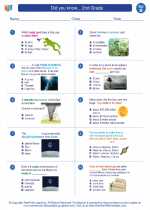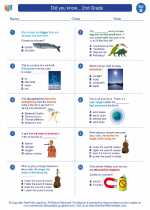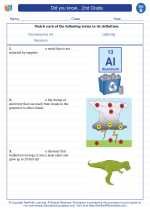Space Exploration
Space exploration is the investigation and study of outer space through the use of space technology, including spacecraft, satellites, and telescopes. It encompasses the exploration of celestial bodies such as planets, moons, asteroids, and comets, as well as the study of cosmic phenomena and the universe as a whole.
History of Space Exploration
The history of space exploration dates back to the early 20th century with the development of rocketry and the first successful launch of a liquid-fueled rocket by Robert H. Goddard in 1926. The Space Age officially began with the launch of the Soviet satellite Sputnik 1 in 1957, followed by the first human spaceflight by Yuri Gagarin in 1961.
Key Milestones in Space Exploration
- 1957: Launch of Sputnik 1, the first artificial satellite
- 1961: Yuri Gagarin becomes the first human in space
- 1969: Apollo 11 lands the first humans on the moon
- 1977: Voyager probes launched to explore the outer planets and interstellar space
- 1990: Launch of the Hubble Space Telescope
- 2012: Curiosity rover lands on Mars
Current and Future Missions
Space agencies and organizations around the world, including NASA, ESA, Roscosmos, and private companies like SpaceX, are conducting a wide range of missions to explore and study space. These missions include robotic explorers, telescopes, space stations, and plans for human missions to Mars and beyond.
Benefits of Space Exploration
Space exploration has led to numerous technological advancements and scientific discoveries, including improved satellite communications, medical imaging technologies, and our understanding of the universe. It also inspires future generations to pursue careers in science, technology, engineering, and mathematics (STEM).
Study Guide Questions
.◂Science Worksheets and Study Guides Second Grade. Did you know... 2nd Grade

 Worksheet/Answer key
Worksheet/Answer key
 Worksheet/Answer key
Worksheet/Answer key
 Worksheet/Answer key
Worksheet/Answer key
 Vocabulary/Answer key
Vocabulary/Answer key
